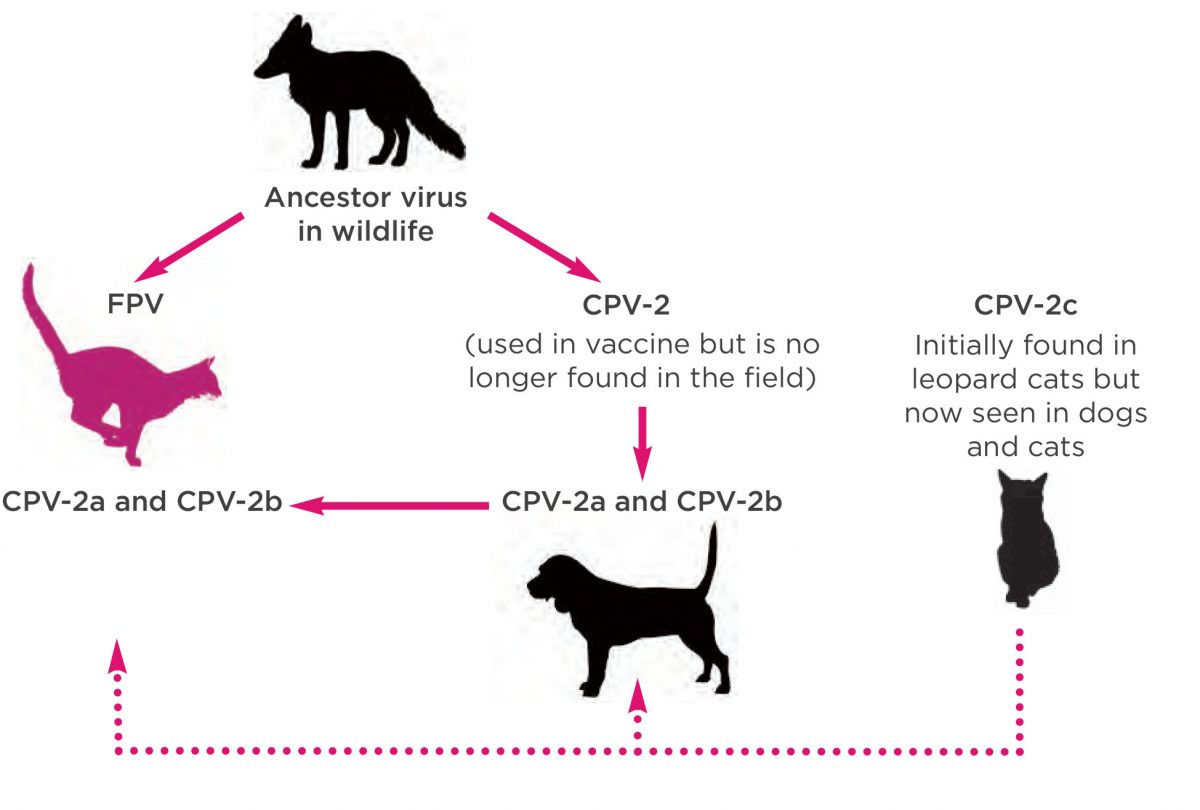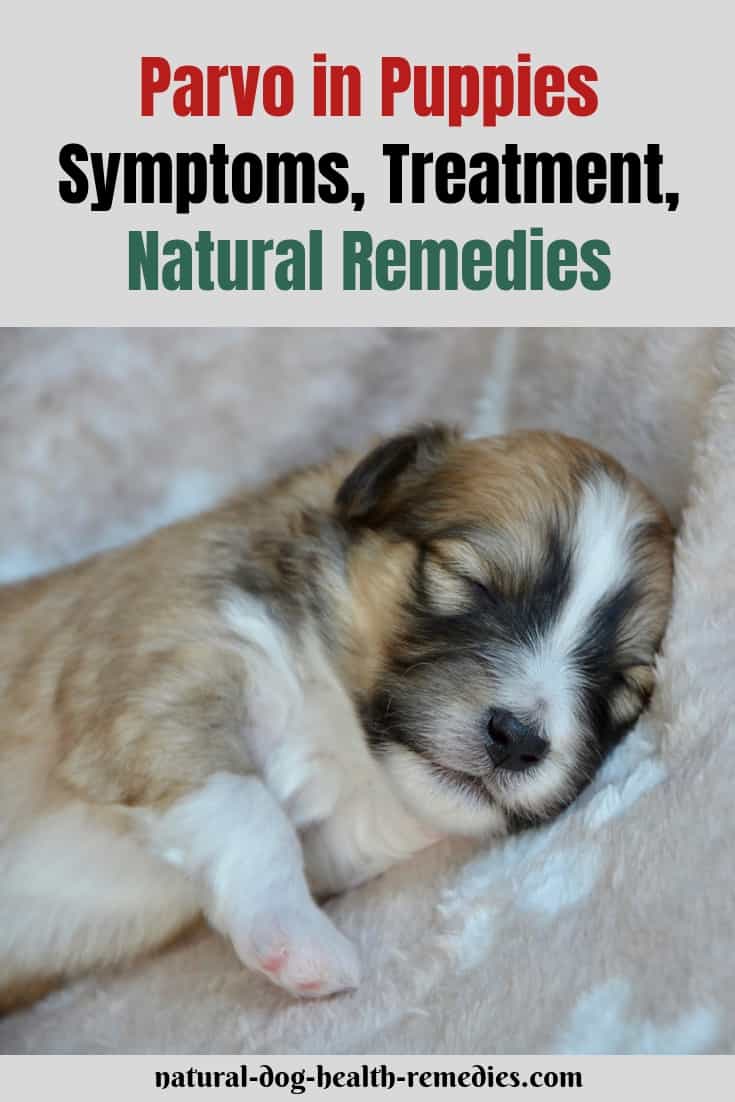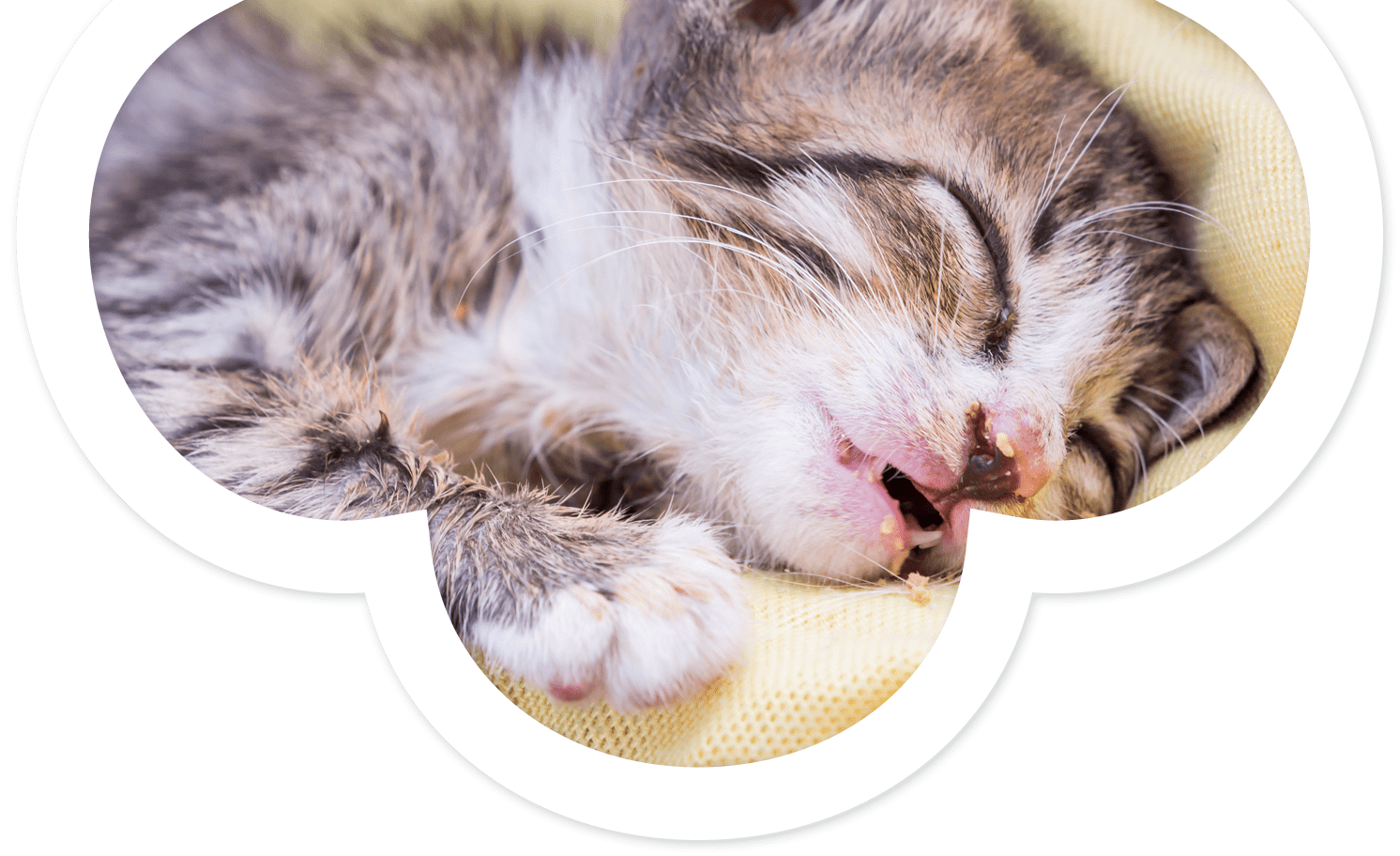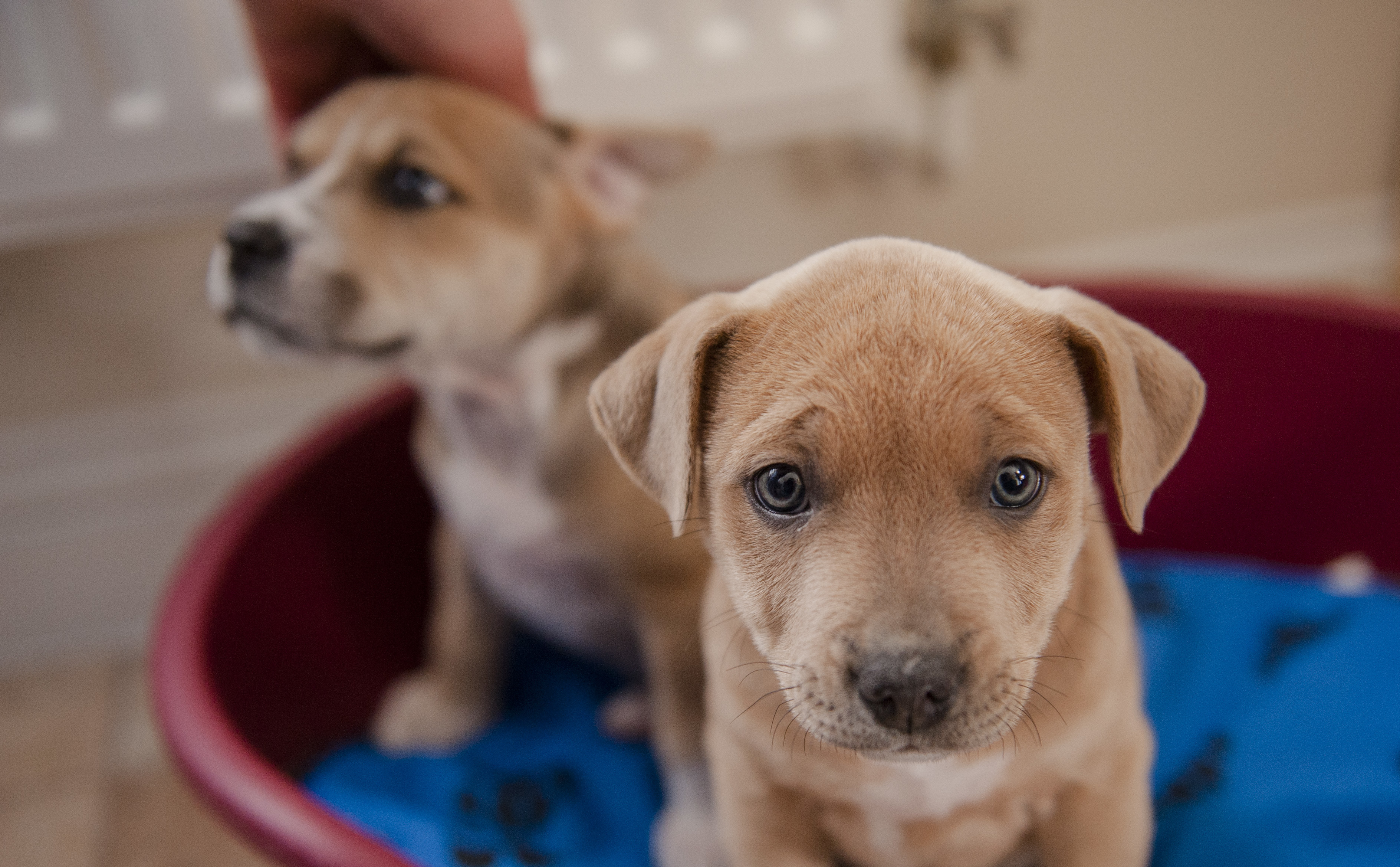Can Cats Get Parvo From Puppies
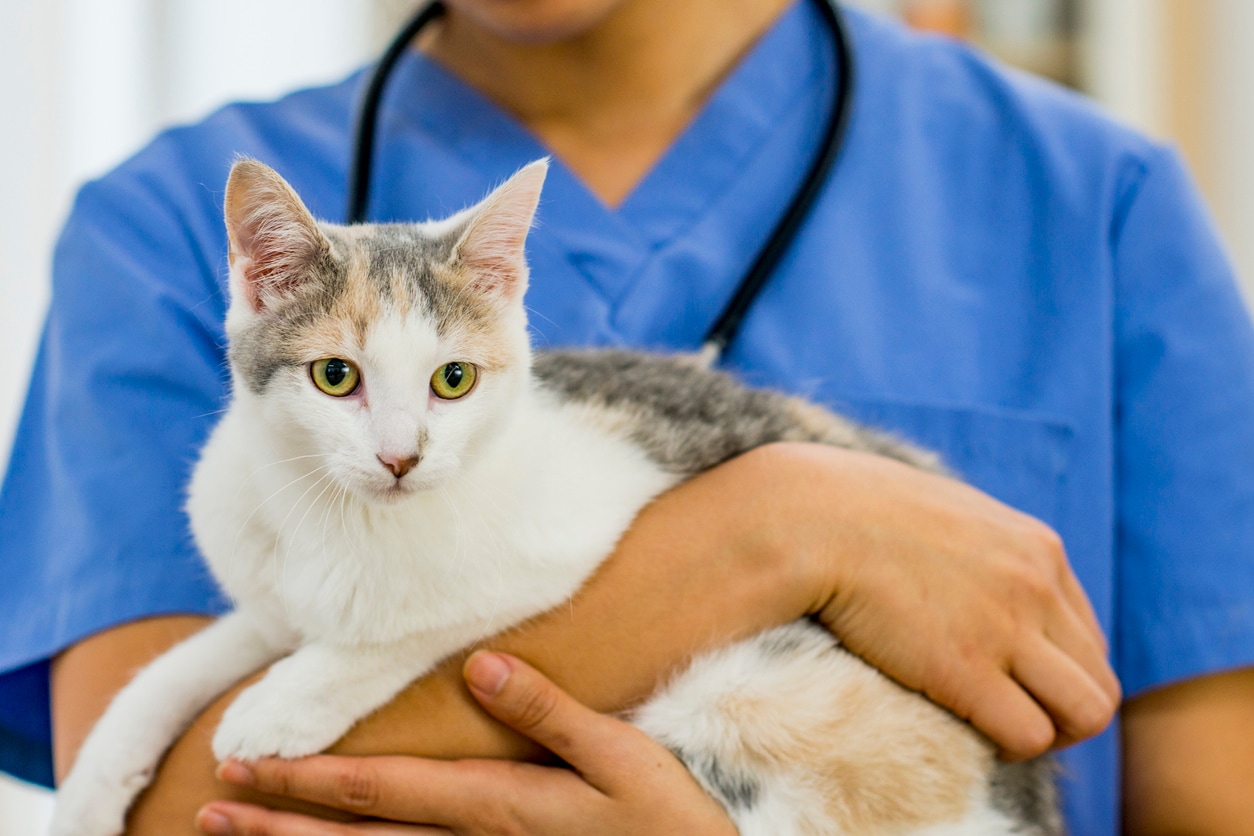
You might just be anxious that your dog could pick something up and spread the virus to your feline friend.
Can cats get parvo from puppies. Given how contagious parvovirus parvo in dogs is you could be asking can cats get parvo from dogs While dogs cant get parvo from cats a cat can get infected with parvo from a dog. The main similarities between the parvovirus in canines and felines are its high rate of contagion and the manner in which it. You might be treating your dog with parvovirus and youre worried your cat might catch it too.
This includes contact with the feces of an infected dog or objects that contain the virus shoes clothes bedding bowls grass carpets floors etc. Can puppies pass parvo to humans. How is parvo similar in dogs and cats.
And what about the opposite can puppies or dogs get parvo from humans. Some pet owners who ask about can cats get parvo from dogs only know that parvovirus can be spread only if it interacts with other infected pets. Its crucial that you maintain your puppy indoors as far as feasible.
However kittens and juvenile cats usually 3-5 months old are susceptible to a different form of parvovirus called Feline panleukopenia or FP for short. As cats can catch certain strains of canine parvovirus any cats in this dogs household should be isolated and brought to the veterinarian for parvo testing. Parvo can not be got by cats.
Parvovirus is much more common in puppies and causes more severe symptoms in puppies especially puppies between the ages of 6 to 16 weeks. Since parvovirus B19 only infects humans a person cannot get the virus from a dog or cat. Whilst the chances are very slim new scientific research from the last decade suggests that cats can get parvo from dogs.
If a cat has been subjected to a dog with had parvovirus it should be deemed at risk and kept away from unvaccinated dogs and puppies. While all cats regardless of age and breed can get the resilient and ubiquitous parvovirus just like puppies and dogs without vaccine the young kittens and unvaccinated cats are the ones who are most at risk. Parvoviruses that infect dogs and cats are different viral strain entirely.
